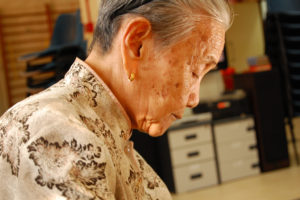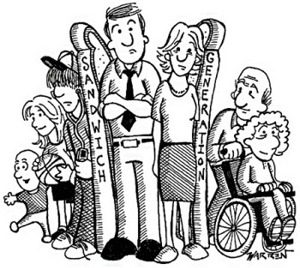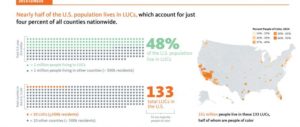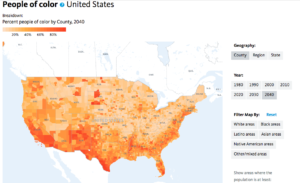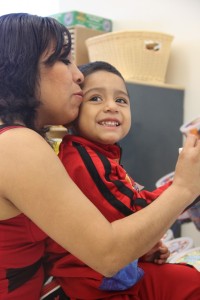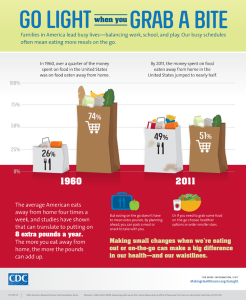After reading the article titled “The Center for Native and Pacific Health Disparities Research Walks Beside, Not In Front of, Diverse Hawaiian Communities to Control Diabetes,” it made me think about the good point that Dr. Marjorie Mau, a lead principal investigator of the Center for Native and Pacific Health Disparities Research, addressed on how they walk beside the community rather than in front of them. When trying to help the community, I think that it is best to make them feel like family; to feel comfortable and at ease with you. With the information we get about health issues in our communities, it definitely makes us want to address it and help those who may need some guidance. With this, we have to also remember that we can not just try to budge into their lives and take over, even if it is for good intentions.
The article mentioned how the Partnership for Improving Lifestyle Interventions (PILI) project addressed obesity by adapting an existing weight loss education program. They used local languages and examples that were relevant to those in the community. There was also a program added to help participants with the support of family members and the community; this program was culturally adapted based on its community. Personally, I have never thought about letting myself be apart of a research. The whole concept of trying to improve health by researching is amazing but when I think about allowing research programs work on my body, it just doesn’t sound too pleasing, depending on what it is. So after reading this article, I realized that maybe it isn’t too bad. Also, I loved how the research program approached the topic of research and what they were focusing on. Without a doubt, I think that their approach/idea on research and community can be applied to other things.
Dr. Mau and the Center for Native and Pacific Health Disparities Research definitely has good intentions to help the communities, mainly focused in Hawaii. The overall thought of walking besides them/the community and helping with issues they/the community care about can definitely help with the factor of gaining trust and opening up for help/guidance. Since our goal for the concept of Bicultural Healthy Living is to help support people in living healthily within cultures people adapt to, applying these ideas and strategies will greatly benefit the community and our goal.
Remember to lend out a helping hand but also remember to think about who those you help are as a person. Diversity is all around us but sometimes we forget that we live in a world where every culture is different but it is normal. Every community may be different so it is important to help with things that matter to them while making them feel like family.
—
To read more about the article, “The Center for Native and Pacific Health Disparities Research Walks Beside, Not In Front of, Diverse Hawaiian Communities to Control Diabetes,” click the link: https://www.nimhd.nih.gov/news-events/features/community-health/diabetes-risk-and-native-hawaiians.html

